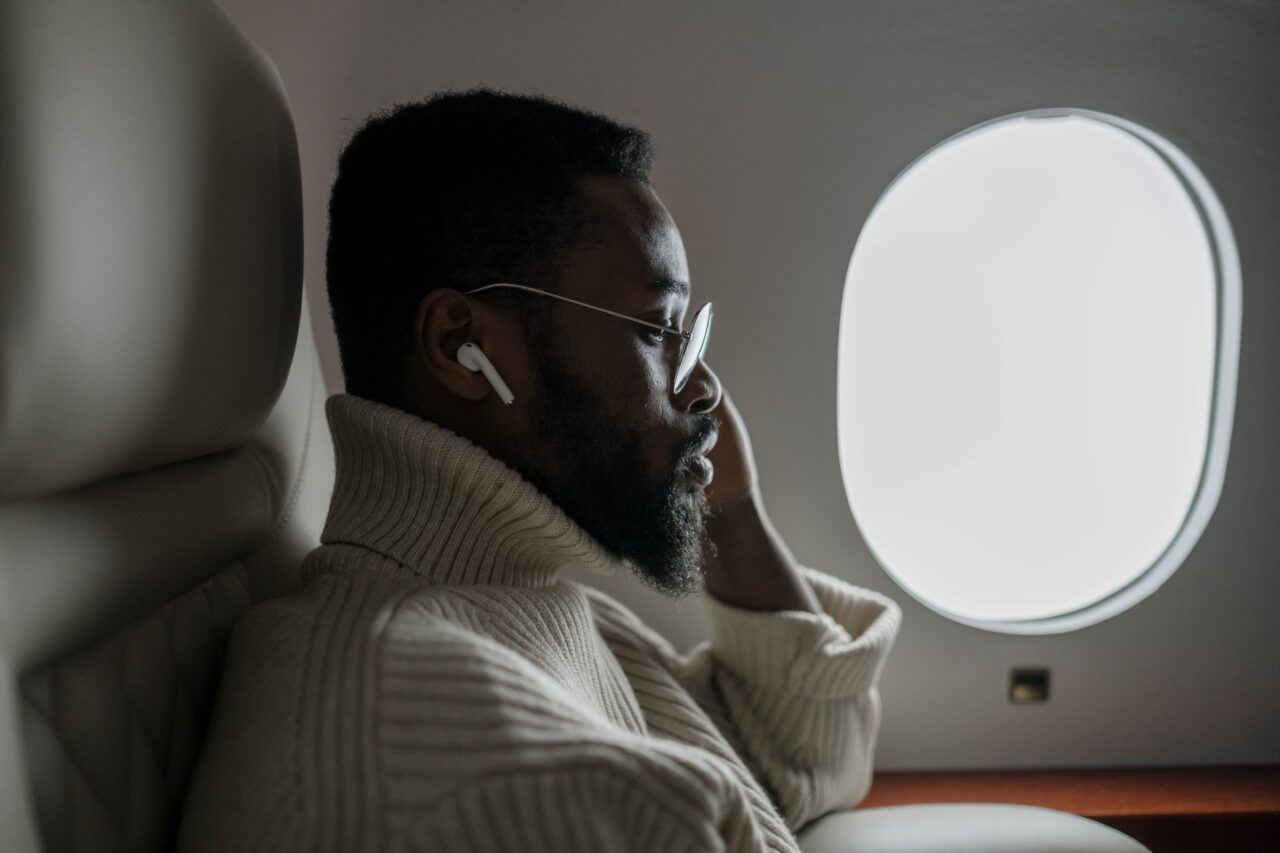The holiday season usually brings with it more travel and unfortunately, more people coming down with colds and other illnesses. This may mean that you or your child might be heading to catch your flight at Fort Wayne International Airport with an ear infection.
Ear Infection Causes and Symptoms

An ear infection is caused by bacteria or a virus that gets into the middle ear. It’s often triggered by another illness like a cold or flu. Children are more likely to experience ear infections than adults because their Eustachian tubes are smaller and more prone to fluid buildup. Symptoms include:
- Ear pain
- Fluid draining from the ear
- Fever
- Muffled hearing or temporary hearing loss
Young children with an infection may tug at their ears, have trouble sleeping and cry or fuss more than usual.
Flying Can Cause Ear Pressure and Pain
Most people have experienced a feeling of stuffiness or plugged-up ears when flying. It’s estimated that 10% of adults and 22% of children might have changes to their eardrums after a flight.
This occurs because the cabin pressure changes at different altitudes. It’s particularly noticeable during takeoff and landing because of the quick change in pressure. When cabin pressure changes, the Eustachian tube equalizes the pressure in the middle ear by opening up to let air in or out. This is why when you swallow or yawn, your ears pop.
Having an ear infection makes it harder for you to equalize the pressure in your ears and can lead to intense ear pain, vertigo, hearing loss, and in severe cases, a ruptured eardrum.
Tips for Flying With an Ear Infection
Ideally, you shouldn’t fly if you or your child has an ear infection. If you can reschedule your trip for a different time, it’s recommended that you do so. However, if that’s not possible, there are some steps you can take to protect your ears when you have an infection. These include:
- Visit a doctor before your flight to see if any treatment or medication is necessary.
- Take a decongestant or anti-inflammatory to reduce pain and blockage before a flight. Ask your doctor about any medication before taking it though, as decongestants especially may not be safe for people with certain medical conditions like heart disease.
- Drink plenty of fluids while flying
- Chew on gum or suck on hard candy during takeoff and landing
- Avoid sleeping on the flight
For more information on flying with an ear infection or to schedule an appointment, contact Ear, Nose & Throat Associates today.